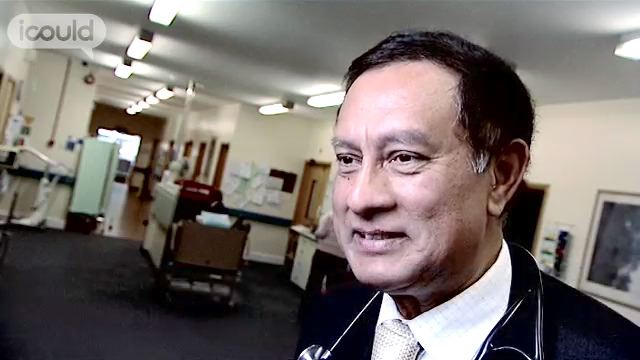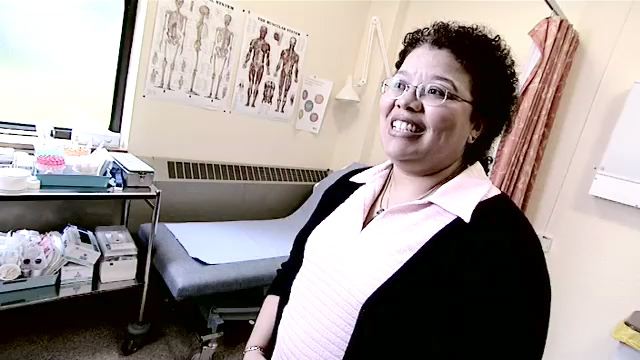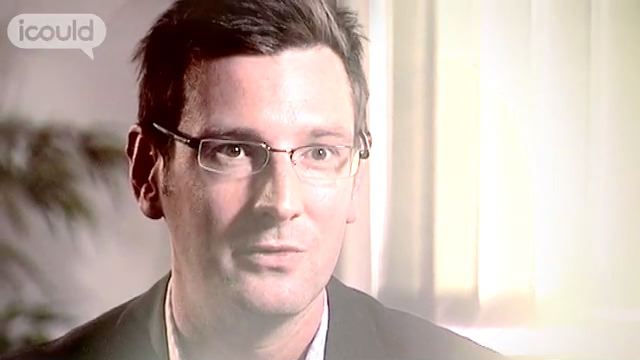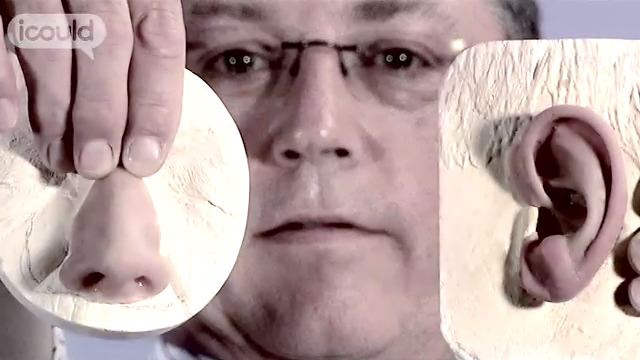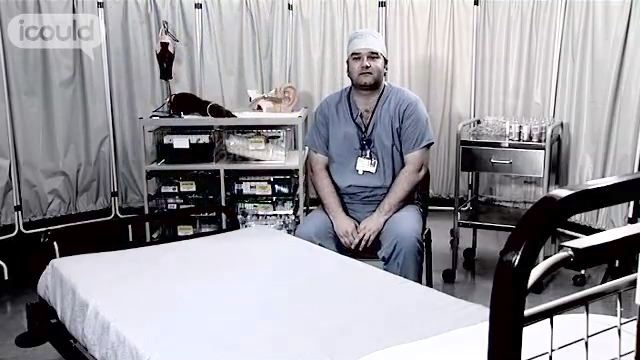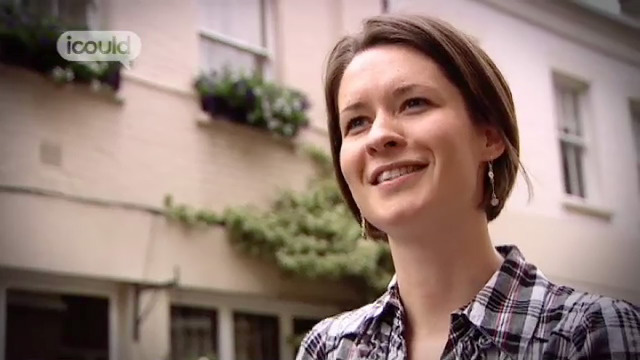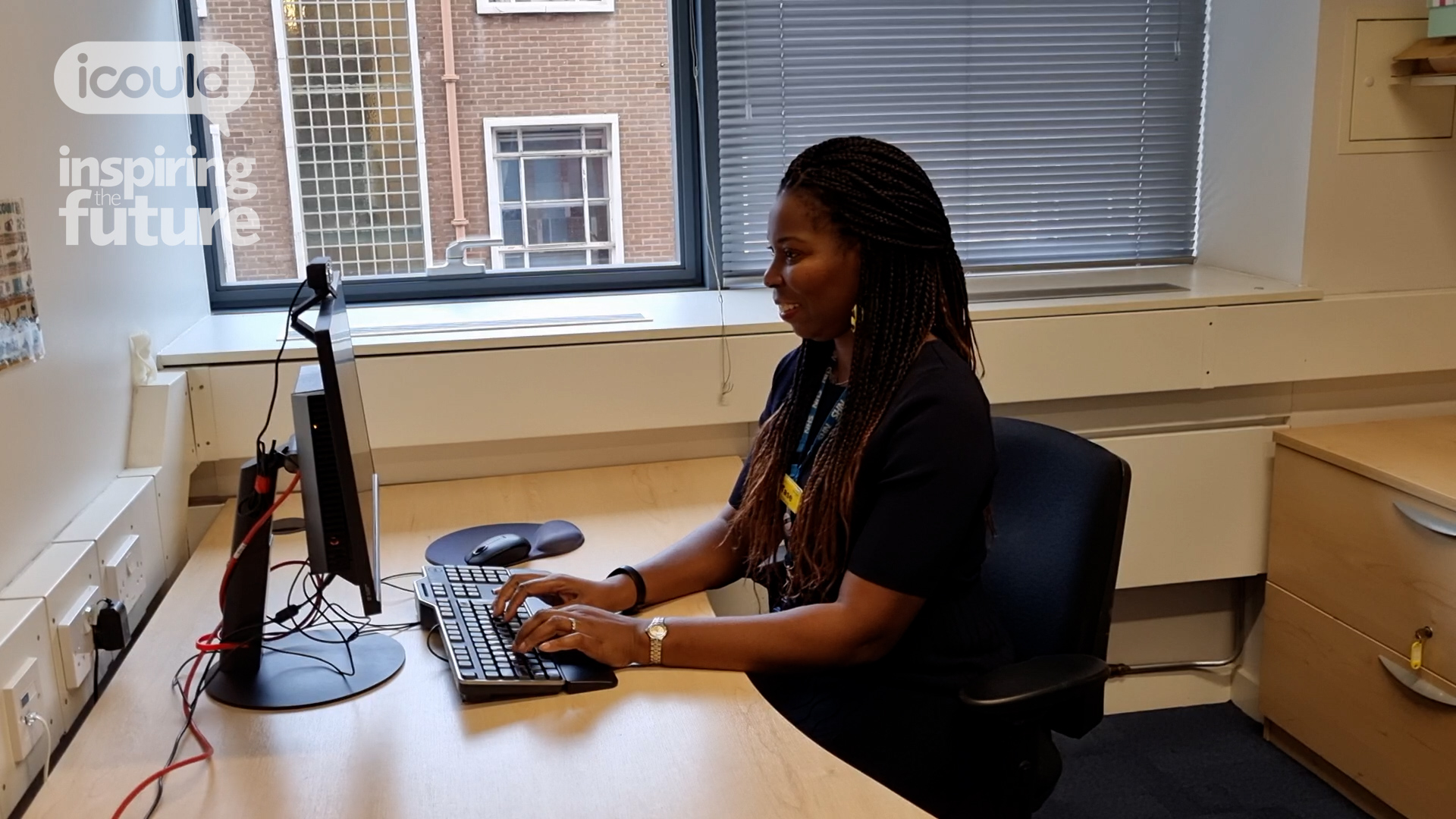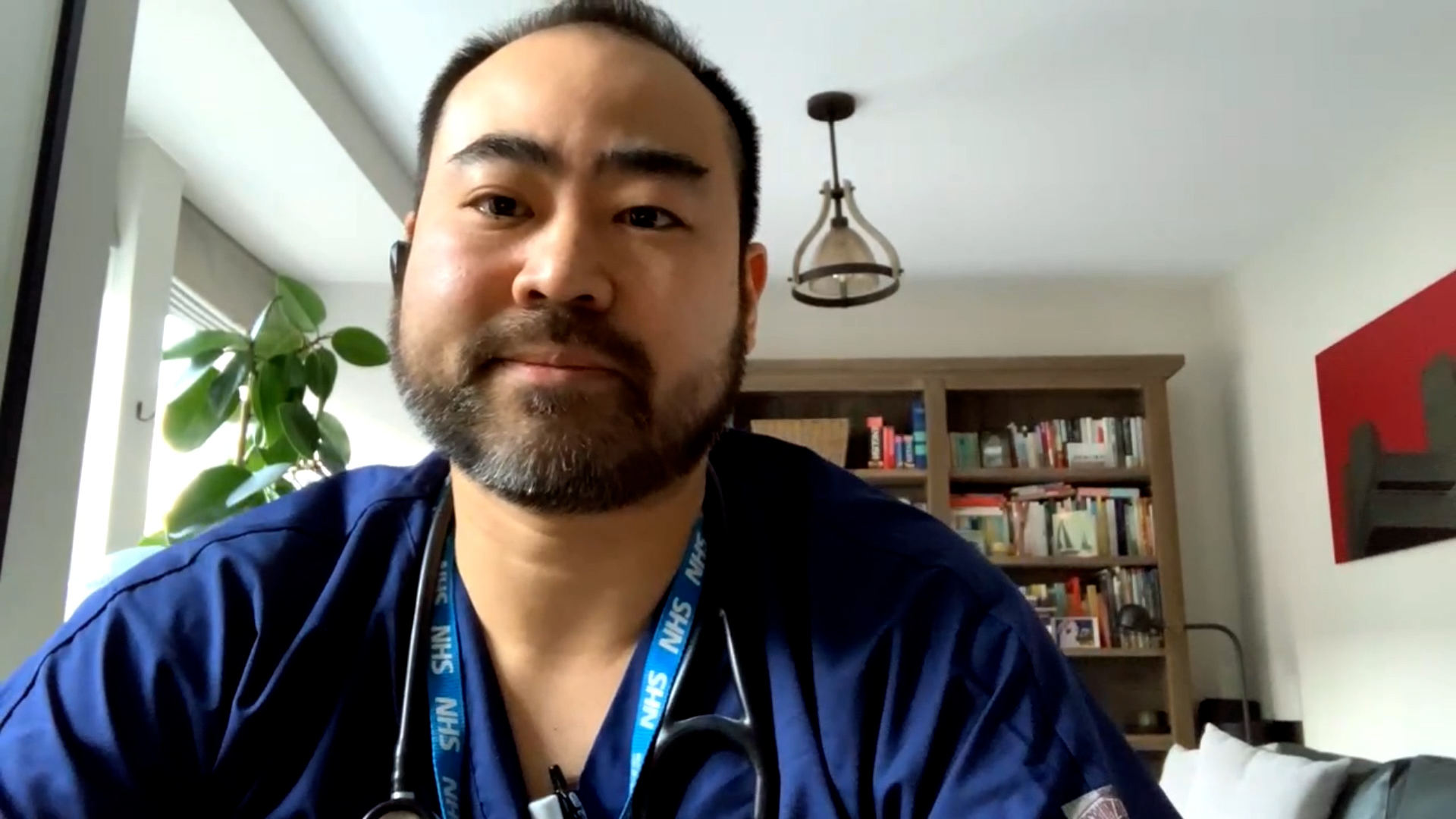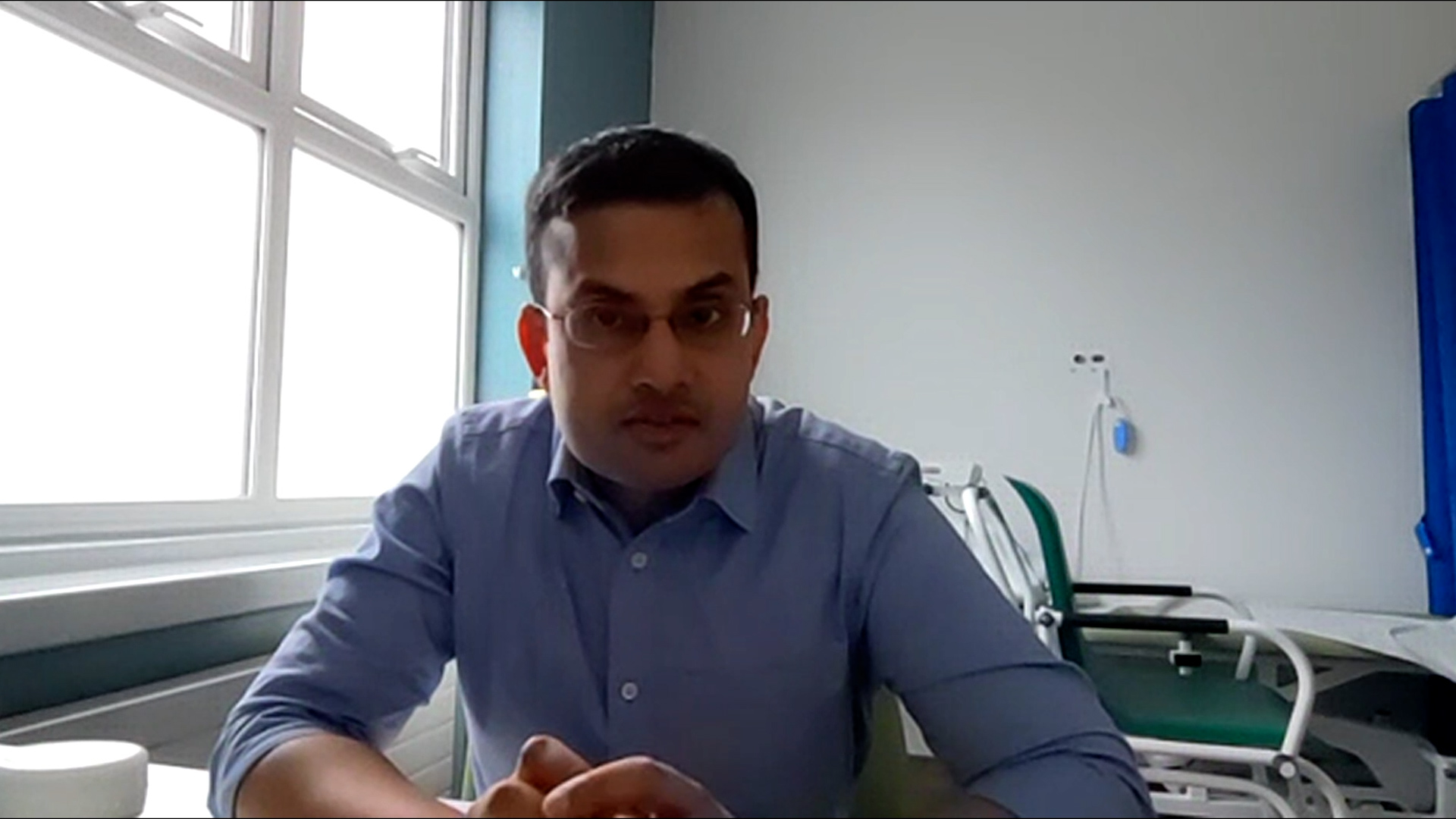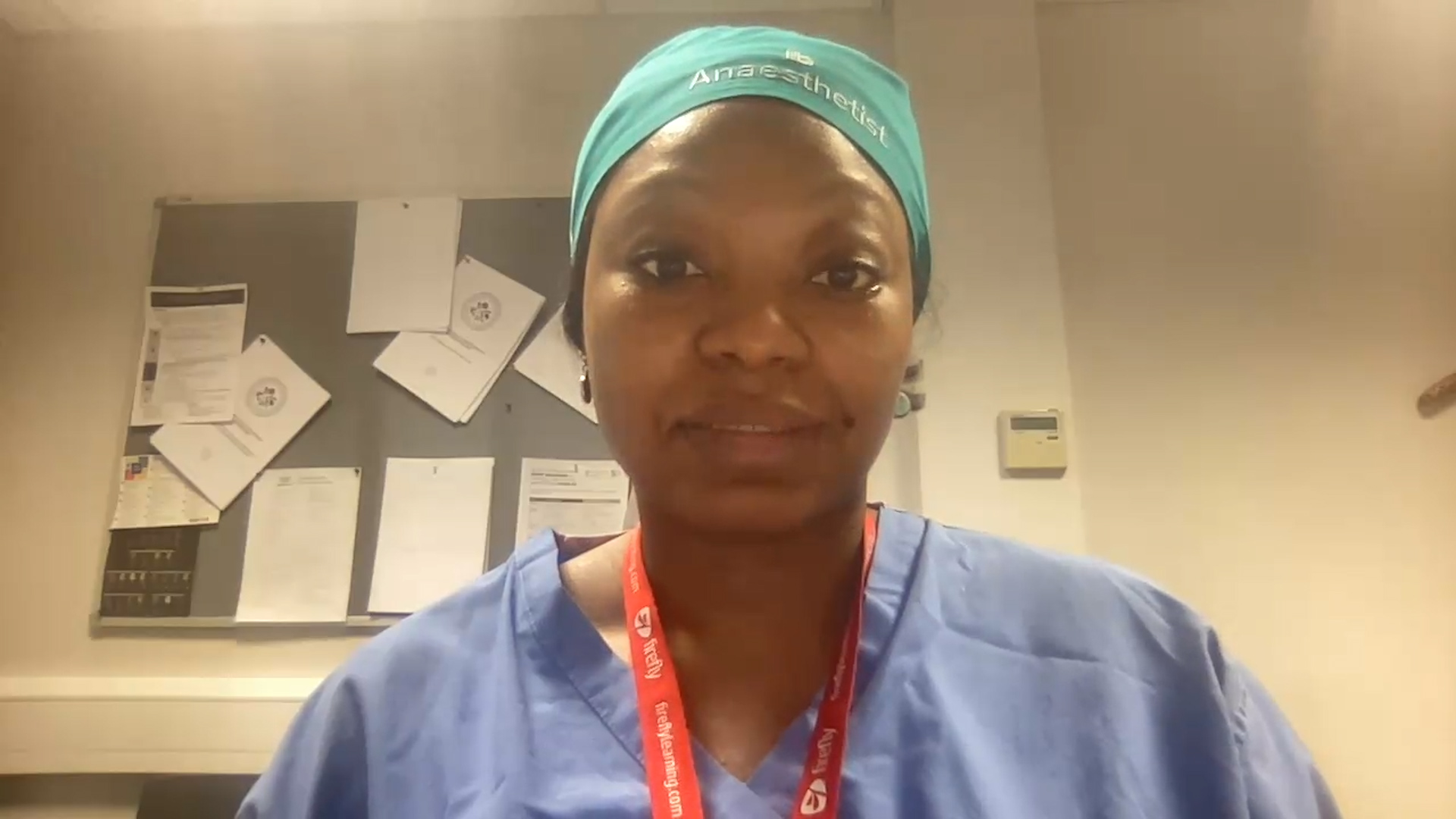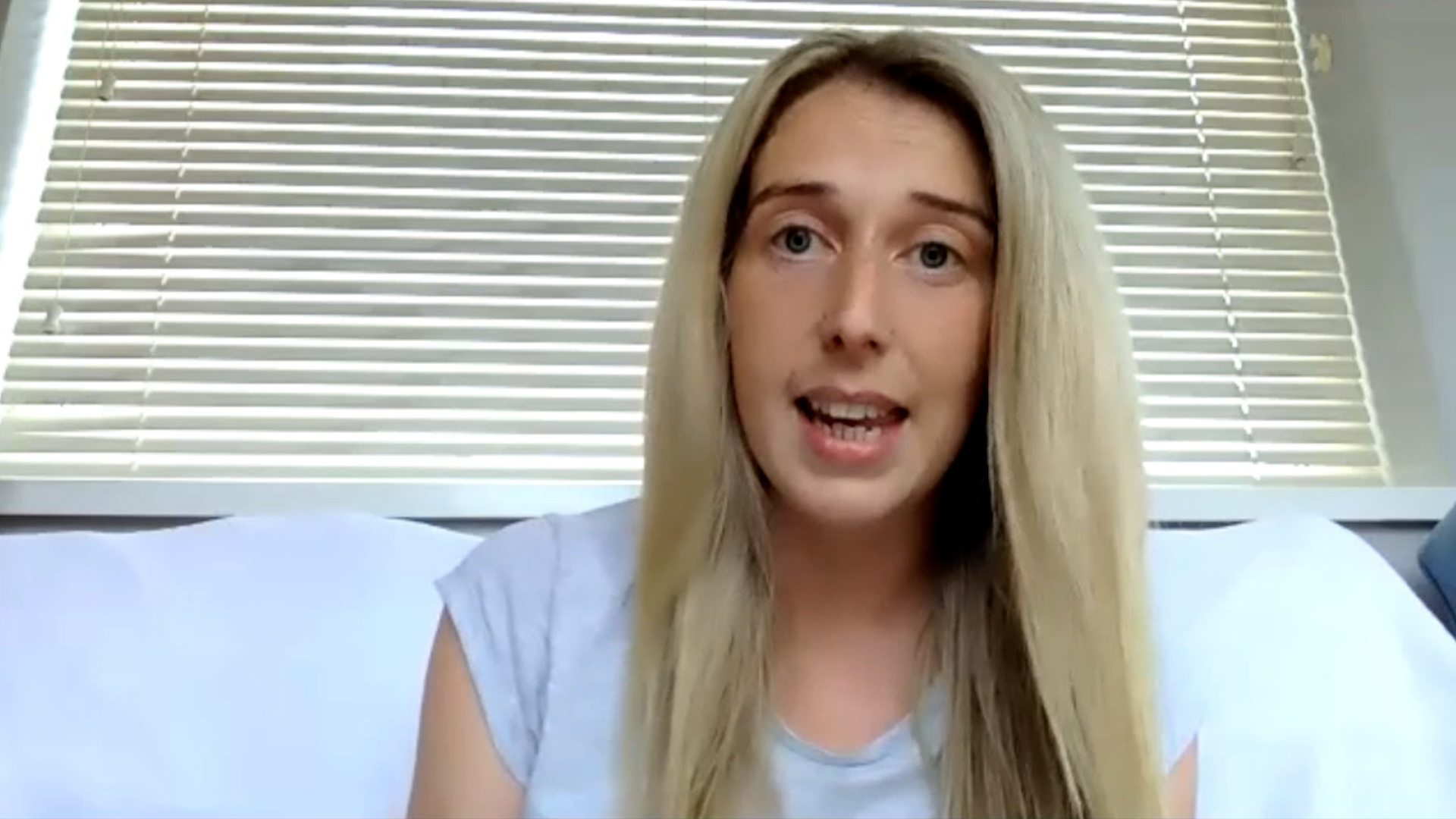Consultant Anaesthetist
Addenbrookes Hospital
Dr Andrew J
00:00:01 I’m Andrew J, I’m a Consultant in Intensive Care Medicine in Anaesthetics. I get patients off to sleep for major surgery, and keep them alive despite what the surgeon’s doing to them. Anaesthesia is the biggest hospital speciality, there’s more anaesthetists than any other speciality, and our role is throughout the hospital in theatres, which is what most people think of, but in Intensive Care, in the management of patients with pain, in resuscitation, so we have fingers in many different – many different pies.
00:01:28 I can’t remember what I wanted to be when I was seven, I really can’t, I came from a – my father was a doctor and so I was sort of, you know, in a medical family and brought up with you know on calls and him rushing out of the house. So I knew it was hard work but I saw that it was a great sense of satisfaction to him that he dealt with his patients well. I was lucky I went to a good school, there was a lot of people went off to Medical School, so it was a sort of – you know if you were doing Sciences at A-Level and were doing well in them it was definitely something that was – you thought about. And it was a relatively easy thing for me to go to do at University. I’m very lucky in that respect. Becoming an anaesthetist – I mean if you’d asked me when I was, you know, at school, or even when I was at Medical School – you know what does an anaesthetist do? I would have had little insight into it. The thing that really excited me was the very very unwell, very sick patients coming in who needed immediate resuscitation, and the anaesthetist would race down and would take control of the situation, and without a bead of sweat or anything, they’d have things under control. And that really – it was then that I knew I wanted to do intensive care.
00:01:50 It is difficult. The work itself is hard, it’s long hours, there’s a lot of on calls, you’re going to have to work nights and weekends, and by the nature of our work you – there’s going to be episodes that are incredibly difficult. Patients that really affect you. Those can be very tough, and you’ll probably remember them for the rest of your career. About fifteen percent our patients will die whilst they’re in the Intensive Care Unit, and supporting them and their families during that time can be very tough and very emotionally draining. But also very very rewarding
00:02:27 Well once you’re a Consultant you’ve sort of reached your ultimate goal, but I mean there’s still many different avenues that can be explored, I mean I’ve chosen to specialise predominantly in Intensive Care medicine, which is an extremely exciting area of medicine, and there’s a lot of unanswered questions, and all of those unanswered questions require further explorations. So you – it’s just really the start of a long thirty year career full of twists and turns and ups and downs. You know it’s a difficult journey, but it’s a very very rewarding one.
00:03:03 ENDS
Dr Andrew J grew up watching his father work as a Doctor, and chose to follow this route. On his specialism he says “The thing that really excited me was the very very unwell, very sick patients coming in who needed immediate resuscitation and the anaesthetist would race down and take control of the situation, and without a bead of sweat or anything they’d have things under control.”
More information about Medical practitioners
The UK average salary is £29,813
There are 37.5 hours in the average working week
The UK workforce is 47% female and 53% male
Future employment
- Examines patient, arranges for any necessary x-rays or other tests and interprets results;
- Diagnoses condition and prescribes and/or administers appropriate treatment/surgery;
- Administers medical tests and inoculations against communicable diseases;
- Supervises patient’s progress and advises on diet, exercise and other preventative action;
- Refers patient to specialist where necessary and liaises with specialist;
- Prepares and delivers lectures, undertakes research, and conducts and participates in clinical trials;
- Supervises the implementation of care and treatment plans by other healthcare providers.
